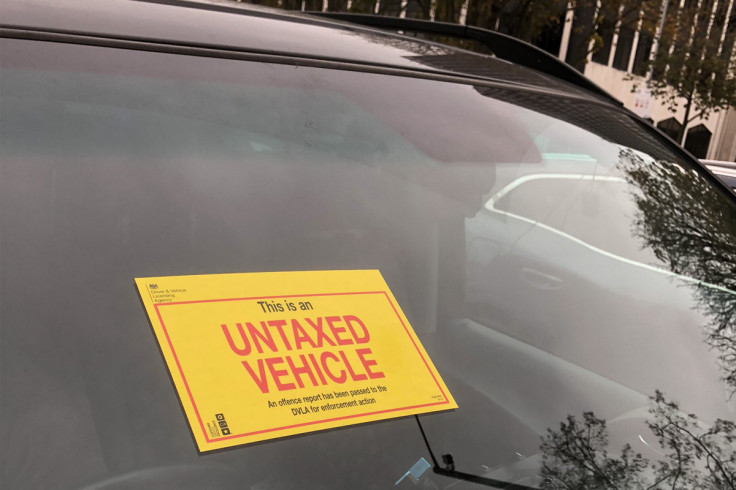
The UK's Driver and Vehicle Licensing Agency (DVLA) has issued an urgent car tax update affecting all motorists, including those exempt from payment.
Drivers are warned to renew their car tax promptly, regardless of whether they owe anything, to avoid fines. With the new financial year just four months away, it's crucial to prepare for changes to Vehicle Excise Duty (VED) now.
Revised VED Rates For 2025 And Beyond
According to a report by GoFor, the UK government will increase Vehicle Excise Duty (VED) rates for cars, motorcycles, and vans starting in April, which is in line with the Retail Price Index (RPI). The UK government clarifies in its policy paper that this excludes the first-year car rate.
In light of these impending changes, the DVLA urges all motorists across the UK to verify and update their tax information. The DVLA took to their official X account, urging drivers to renew their car tax via GOV.UK with #TaxItDontRiskIt. 'You must tax your vehicle, even if you don't have to pay anything,' it wrote.
You must tax your vehicle, even if you don't have to pay anything.
— DVLA (@DVLAgovuk) January 7, 2025
Tax it online at https://t.co/2blbaeYWTv#TaxItDontRiskIt #DVLADigital pic.twitter.com/ZFBTTKmFKD
While some vehicles are exempt from car tax, they still require registration with the DVLA as if they were taxed. Vehicles manufactured before 1st January 1984 are exempt from vehicle tax. It is also exempt if a classic car's exact manufacturing date is unknown but first registered before 8th January 1984.
Car Tax Exemptions: Who Qualifies And How To Apply
Drivers must formally apply for a vehicle tax exemption to cease payment. Failure to do so can result in a fine of up to £2,500 and three penalty points on their driving licence, especially if the vehicle is deemed to be in a dangerous condition.
Disabled drivers may qualify for a vehicle tax exemption, but this typically applies to only one vehicle per individual. If a disabled driver owns multiple vehicles, they must select which vehicle to exempt from tax.
Individuals may be eligible for a vehicle tax exemption if they receive the Higher Rate Mobility Component of Disability Living Allowance (DLA), the Enhanced Rate Mobility Component of Personal Independence Payment (PIP), the Enhanced Rate Mobility Component of Adult Disability Payment (ADP), the Higher Rate Mobility Component of Child Disability Payment, the War Pensioners' Mobility Supplement, or the Armed Forces Independence Payment.
Electric vehicles currently enjoy a tax exemption, but this benefit will expire on 1st April 2025. Former Chancellor Jeremy Hunt announced this policy shift in 2022 to establish a more equitable taxation system for all motorists.
Car Tax Changes: What You Need to Know
The upcoming car tax changes will encompass all zero-emission vehicles, including battery electric and hydrogen fuel cell models. Beginning in April, motorists purchasing new vehicles will face increased Vehicle Excise Duty (VED) costs as the Government raises the first-year rates for newly registered cars.
Chancellor Rachel Reeves believes this will 'widen the differentials between zero-emission, hybrid, and internal combustion engine (ICE) cars.'
Vehicle tax is changing for electric and low emission vehicles from 1 April 2025.
— DVLA (@DVLAgovuk) December 18, 2024
🚗🚚🏍
Drivers will need to pay vehicle tax in the same way as those of petrol and diesel vehicles. This will apply to both new and existing vehicles.
👉 https://t.co/UeiqWAT0OI pic.twitter.com/WLLNcvavQY
While zero-emission vehicles will remain exempt from car tax until 2029-30, tax rates for other low-emission vehicles will increase. Specifically, rates for cars emitting between 1 and 50g of CO2 per kilometre, including hybrids, will rise to £110. Additionally, costs for vehicles emitting between 51 and 75g/km will increase to £130.
For vehicles emitting 76g/km of CO2 and above, all rates will double for the 2025-26 tax year, per EVA England. This significant increase could result in drivers of the most polluting new cars paying thousands of pounds more in vehicle tax.







